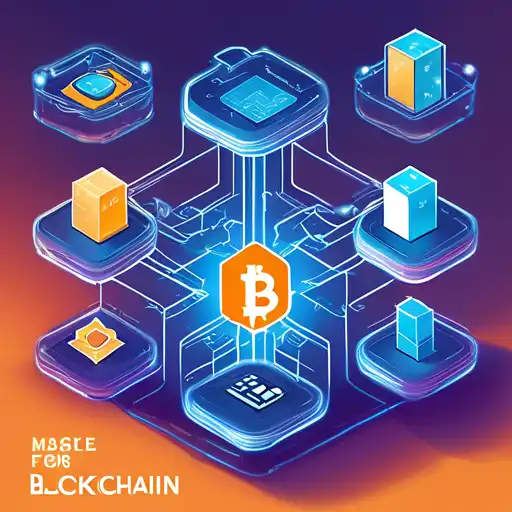What is Blockchain?
Blockchain technology is a digital ledger that allows data to be stored globally on thousands of servers. It lets participants in the network verify and audit transactions independently and relatively inexpensively. A key feature of blockchain is that it ensures the fidelity and security of a record of data without the need for a trusted third party.
How Does Blockchain Work?
At its core, blockchain is a distributed database that maintains a continuously growing list of records, called blocks, which are linked and secured using cryptography. Each block typically contains a cryptographic hash of the previous block, a timestamp, and transaction data. By design, blockchains are inherently resistant to modification of the data.
Benefits of Blockchain
Blockchain technology offers numerous benefits, including:
- Transparency: All network participants share the same documentation as opposed to individual copies.
- Security: Once a transaction is recorded, it cannot be altered without altering all subsequent blocks.
- Efficiency: Blockchain can streamline and automate processes that are traditionally time-consuming and prone to human error.
Blockchain and Cryptocurrency
Blockchain is the backbone of cryptocurrencies like Bitcoin and Ethereum. It provides a secure and decentralized way of recording transactions, which is essential for the functioning of any digital currency. For more on how blockchain powers cryptocurrencies, check out our guide to cryptocurrency.
Getting Started with Blockchain
For beginners looking to dive into blockchain, here are some steps to get started:
- Understand the basics of blockchain technology and its applications.
- Explore different blockchain platforms and cryptocurrencies.
- Consider investing in cryptocurrencies or developing blockchain-based applications.
- Stay updated with the latest trends and developments in the blockchain space.
Challenges Facing Blockchain
Despite its potential, blockchain technology faces several challenges, including scalability issues, regulatory hurdles, and environmental concerns related to energy consumption. Addressing these challenges is crucial for the widespread adoption of blockchain technology.
Future of Blockchain
The future of blockchain looks promising, with potential applications extending beyond cryptocurrencies to areas like supply chain management, healthcare, and voting systems. As the technology matures, we can expect to see more innovative uses of blockchain that could transform various industries.
Blockchain technology is still in its early stages, and its full potential is yet to be realized. By understanding the basics now, beginners can position themselves to take advantage of the opportunities that blockchain will offer in the future. For further reading, explore our insights into the future of blockchain.
